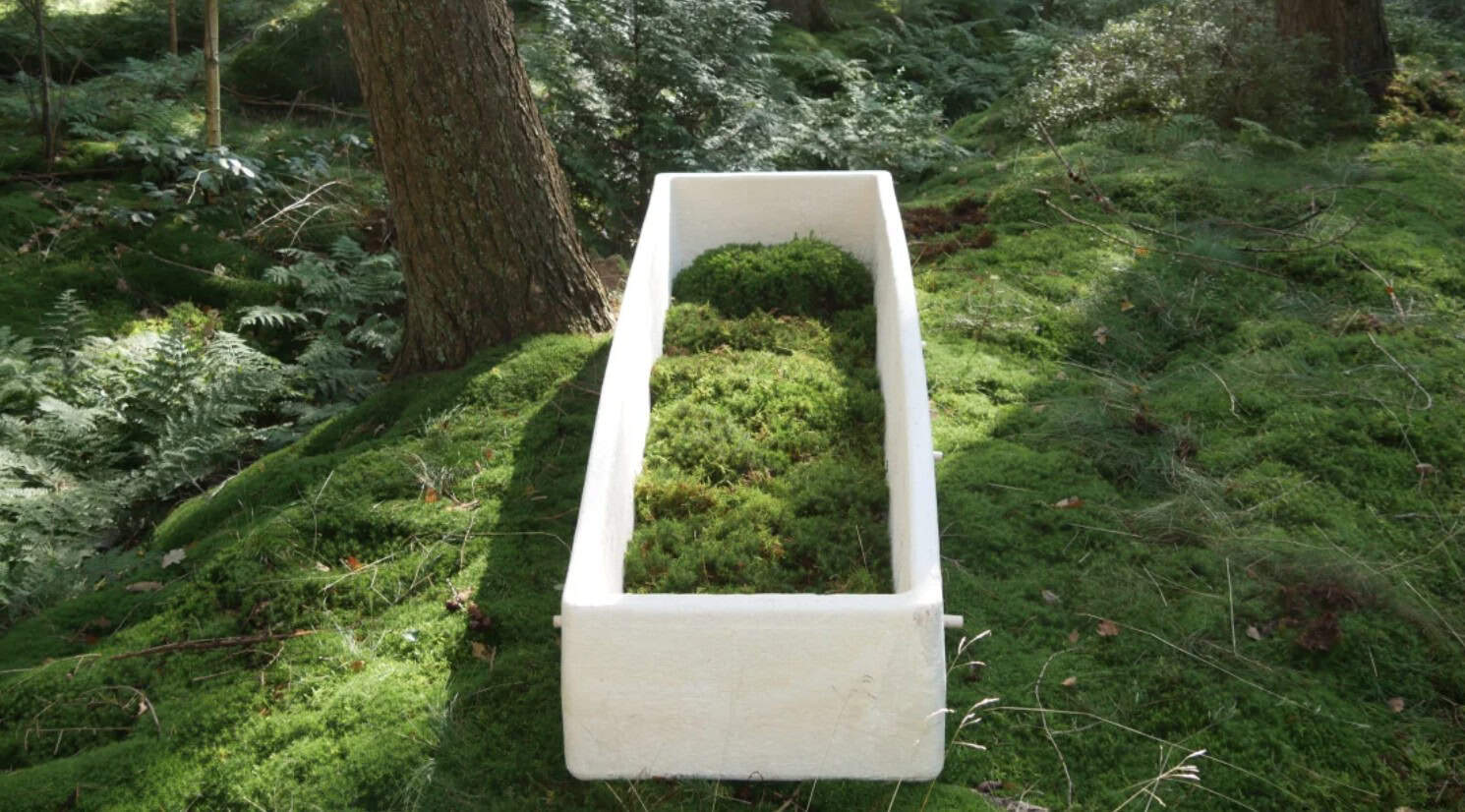A Guide to Natural Organic Reduction (NOR)
Our death care rituals are experiencing an epoch of change. Traditional funerals are in decline, and cheap direct cremation is in high demand. But, as the cremation rate grows exponentially in the U.S. (expected to reach almost 80% by 2035), it seems others are seeking out more eco-friendly alternative disposition methods.
What is human composting?
Human composting is an accelerated method of human decomposition. It is scientifically referred to as Natural Organic Reduction (NOR). The body is placed in a steel container along with wood chips, alfalfa, and straw. Oxygen and heat are applied to the container to speed the process of decomposition.
What is involved in the process of composting a human body?
The deceased body is gently placed into a steel cylinder 8 feet by 4 feet, and wood chips, straw, and alfalfa are added. Oxygen is added to the cylinder to speed the decomposition process by increasing the growth of microbes that break down the organic matter.
The cylinder interior heat is kept at around 130 and 160 degrees Fahrenheit, as this is the optimal temperature range for safe and efficient composting and maximum operation of the microbe organisms feeding on the body’s organic matter.
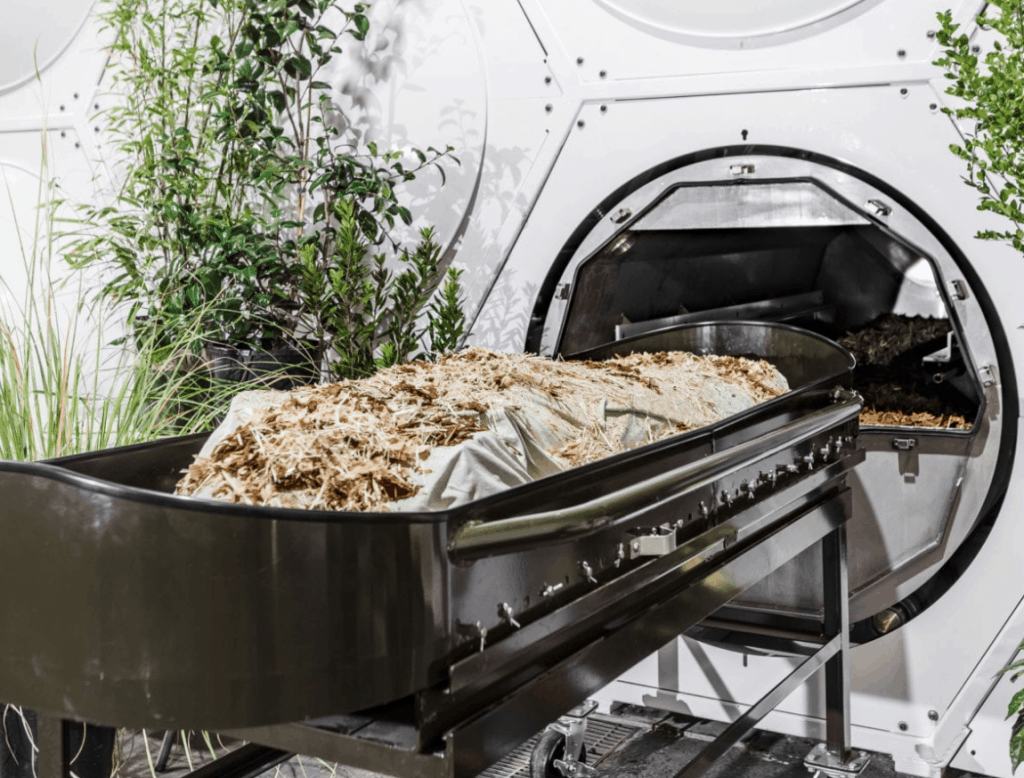
The cylinder’s contents are “blended” regularly throughout the process to help break up remaining bone fragments. When the body is fully composted, the cylinder produces one cubic yard of soil. Any inorganic medical implants are removed from the soil.
What happens to the bones when a body is composted?
The “blending” conducted by staff throughout the 30-day composting process helps break down softened bones into smaller bone fragments. However, it has not been revealed what may happen with the total decomposition of the human skeleton.
In which states is human composting legal?

Human Composting (NOR) has been legalized in 13 States as of May 2025.
Human composting was first legalized in Washington in 2019. Katrina Spade of Recompose spearheaded a bill to introduce the process of “natural organic reduction” (NOR) as a means to organically compost human remains into soil.
As of May 16, 2025, it is legal in 13 U.S. states, with Georgia being the most recent addition. Below is the list of states where human composting is legal, based on the latest available information:
1. Washington (legalized in 2019, effective May 2020)
WA was the first state to legalize NOR, led by Recompose. Services are available through providers like Return Home and Earth Funeral.
2. Colorado (legalized April 2021, effective August 2021)
CO became the second state to legalize, with services offered by The Natural Funeral. First composting completed in March 2022.
3. Oregon (legalized June 2021, effective July 2022)
The third state legalized alkaline hydrolysis in the same bill. Services are available through established providers in nearby states.
4. Vermont (legalized June 2022, effective January 2023)
VT was the fourth state to legalize Natural Organic Reduction, AKA human composting.
5. California (legalized September 2022, effective January 2027)
CA was the fifth state to legalize, with regulations to be developed by 2027. Services are currently available via out-of-state providers on the West Coast through transport services.
6. New York (legalized December 2022, effective 2023)
The sixth state to legalize terramation, although no facilities are available in the state yet. NY still has some restrictive funeral licensing operation laws.
7. Nevada (legalized May 2023, effective January 2024)
NOR legalized in 2023, driven by public support for eco-friendly options. Earth Funeral operates a state-of-the-art human composting facility in Las Vegas.
8. Arizona (legalized April 2024, effective 2024)
The eighth state passed legislation, known as the “Grandpa in the Garden bill.” Services are available through nearby states with human composting facilities.
9. Maryland (legalized 2023)
MD was the ninth state to legalize NOR.
10. Delaware (legalized 2023)
DE came in as the tenth state to legalize NOR.
11. Minnesota (legalized 2023, effective July 2025)
As the eleventh state to legalize NOR, transporting remains to other states, such as Nevada or Washington, facilitates services.
12. Maine (legalized 2024)
The twelfth state to pass a bill, making NOR legal.
13. Georgia (legalized 2025, effective July 1, 2025)
GA has recently joined the movement, being the thirteenth state, with plans for local facilities in the state.
It is worth noting here that a caveat of the bill is that it “prohibits any human composting businesses from: selling soil containing human remains; commingling the soil or human remains of multiple people without their consent; and using the soil to grow food.”
A family can have the soil remains returned to them for their own personal interment or scattering, or donate the soil to a conservation organization.
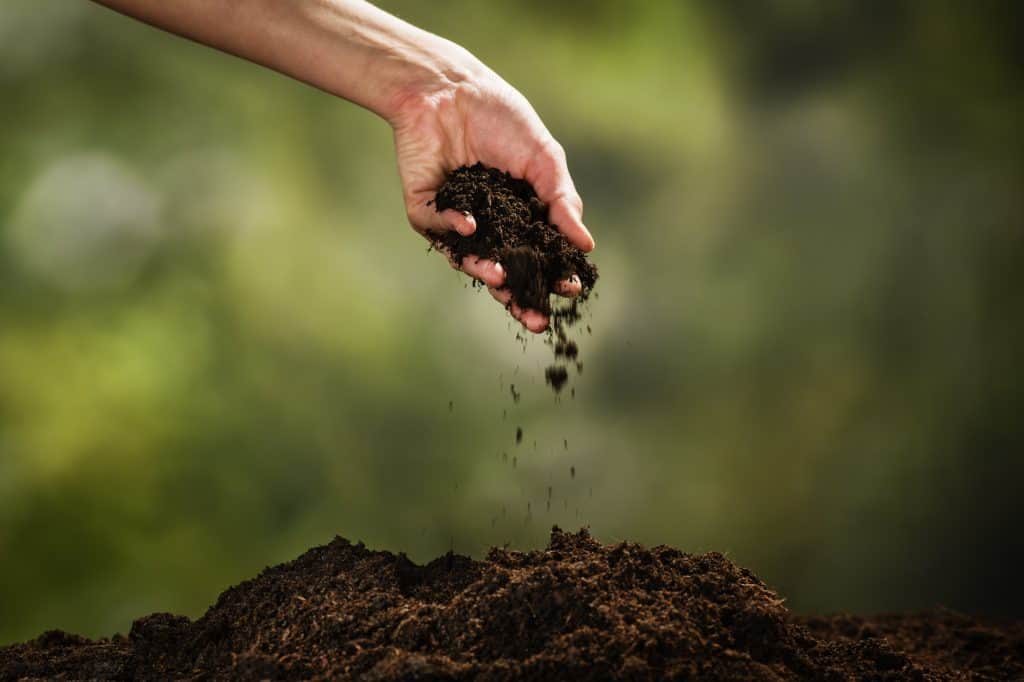
States with Pending Legislation for Natural Organic Reduction Death Care
Several states, including Connecticut, Hawaii, Illinois, Massachusetts, New Jersey, New Mexico, Oklahoma, Pennsylvania, Rhode Island, Texas, and Virginia, have introduced bills to legalize human composting as of 2025, but these have not yet passed.
As interest in more sustainable disposition solutions continues, I expect further states to adopt and legalize the practice, especially as a ‘practical’ solution for large metro areas where there may be limited sustainable alternatives, such as natural burial.
How much does human composting cost?

The price for a human composting disposition is currently between $4,000 and $5,500.
How long does it take for the process to reduce the body?
Under these controlled conditions, the human body should undergo decomposition in about 4-6 weeks. The resulting ‘soil’ can be returned to the family or to a conservation entity. (It will be very nutrient-rich and make excellent fertilizer.)
How ‘green’ or eco-friendly is human composting?

It is said that the process uses an eighth of the energy that a flame cremation uses, making it much more energy-saving and environmentally friendly. In terms of emissions, the process saves 1 metric ton of CO2 from entering the atmosphere.
Flame cremation in the U.S. produces as much CO2 as burning 800,000 barrels of oil – for an individual. This is equivalent to taking a flight from London to Rome.
How is human composting being accepted by the funeral industry and religious groups?
The green funeral and natural burial communities have embraced this innovation in eco-friendly death care. It is seen largely as an extension of the natural burial composting process, being made more available for urban dwellers.
The funeral industry as a whole does not yet regard this new innovation in disposition as mainstream or as a realistic threat to its current business. However, many funeral professionals made this mistake about flame cremation and water cremation.
However, there has been a less enthusiastic response from certain factions who perceive the whole idea as rather gruesome and ‘icky’. The Catholic Church has denounced human composting as “disrespectful”, a similar reaction they originally made to the introduction of cremation.
Opposition to Human Composting as a Green Death Care Alternative
Some resistance comes from traditional funeral industries and groups like the New York State Catholic Conference, citing concerns about dignity or lack of scientific data. However, proponents argue it’s a sustainable, respectful option that saves approximately one metric ton of CO2 per person compared to burial or cremation.
Companies currently involved in Human Composting.

Recompose is the leading human composting company. Founded by Katrina Spade, who has been a key figure in leading the way and advocating for this new eco-friendly death care option. You can visit their website to learn more about their facility in Washington – The Greenhouse, and the proposed new facility in Colorado. Recompose opened with 10 vessels (instead of the planned 32) as COVID impacted their investment funding.
Recompose charges $7,000 for Natural Organic Reduction, which includes all services. Its licensed funeral director can conduct all related death care services.
Return Home was inspired by Recompose and the concept of end-of-life terramation services. As the process cannot be patented, Micah Truman founded his human composting company. Return Home is offering prices slightly less than Recompose. Return Home operates 65 vessels at its Washington facility and plans to expand to California and Colorado.
Return Home fees start at $4,950, but this does not include transportation to the facility or other funeral home services such as obtaining the death certificate and permits. The estimated costs for this are around $400 – $600.
Herland Forest is a natural-burial cemetery in Klickitat County and has received its NOR license. Their general price list quotes Natural Organic Reduction for $3,000. Again, this does not include transportation or other funeral director services.
Earth Funeral is a company currently operating in California, Oregon, Nevada, and Washington that aims to deliver ‘carbon-neutral’ funerals. They now have a modern terramation facility center in Las Vegas, NV.
Earth’s mission is to offer the most environmentally friendly deathcare option and provide the easiest way to make and manage funeral arrangements.
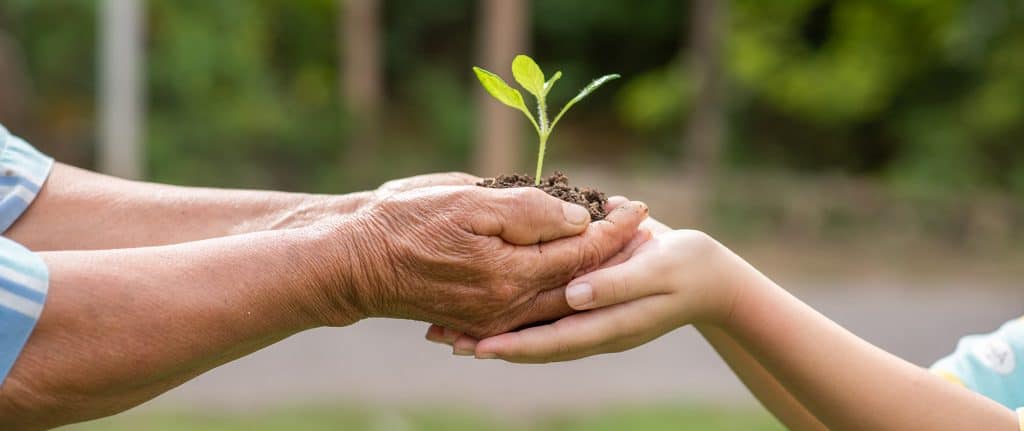
Earth’s proprietary soil transformation process gently transforms a body into nutrient-rich soil over 45 days. Families choose how much soil they would like returned, which they can scatter or plant as they see fit. The rest is sent to Earth’s conservation site for land restoration projects.
The arrangement process takes less than 15 minutes, and all legal documents are completed online. Earth’s online Family Portal allows the management of all arrangements in one place, with real-time status updates and online obituaries.
Earth charges $5,000, and its Earth Package includes everything a family needs, including transportation and the processing of permits and death certificates on the family’s behalf.
Natural Organic Reduction of Arizona (NORAZ) can be reached at (602) 641-3050 and offers a NOR package to Arizona residents for $5,450 or $5,950 for out-of-state cases.
Availability of human composting services in States where it is legal
Even in states where it’s legal, services may not be immediately available due to the need for regulatory frameworks and licensed facilities. For example, California’s law won’t be fully operational until 2027, but residents can use out-of-state providers.
Transport for families wanting human composting, if not available in their State
Residents of states where terramation is not legal can arrange for remains to be transported to a legal state (e.g., Washington) through funeral homes or providers like Recompose or Return Home. However, bodies must not be embalmed for this process.
Human Composting vs. Natural Burial
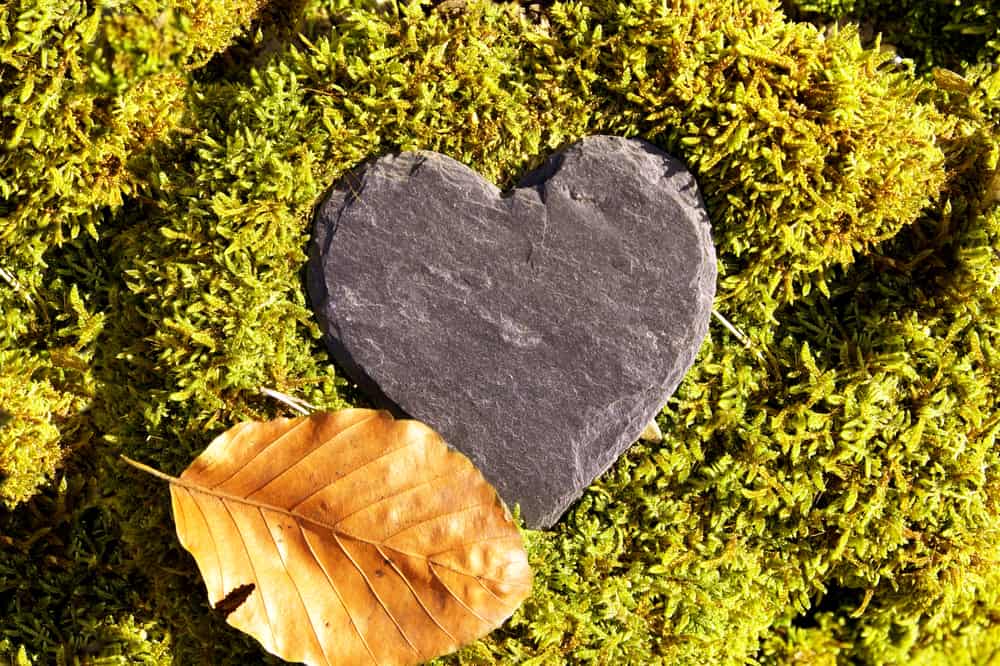
I think Natural Organic Reduction, which sounds more appealing than human composting, will remain a niche within the death care industry. I can see how it can provide an eco-solution for those wishing for a greener disposition, especially in large urban areas, where a simple green burial in a natural burial ground is not an option.
But, in reality, would improved logistics and availability of natural burial grounds not also provide a solution for expanding eco-burial?
More green cemeteries are emerging across the U.S., and even traditional cemeteries are adding a designated green section to accommodate this demand.
With so much rural green space across the states and a network of funeral homes and transportation services, can a simple ‘natural organic reduction’ not be offered as an option within a reasonable distance from urban areas?
It will be an interesting disposition development to follow. I am pretty certain that we will witness a cultural shift towards greener death care alternatives. But I think I would opt for my remains to naturally decompose in a conservation area and return to the earth in eternity rather than a quick reduction in a steel vat to produce a bucket of soil.
